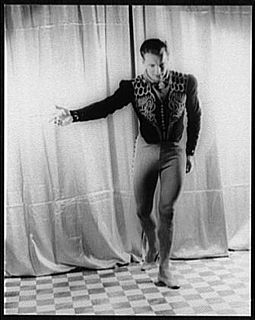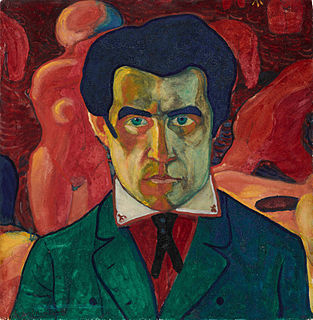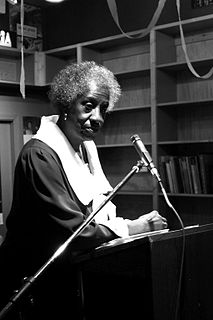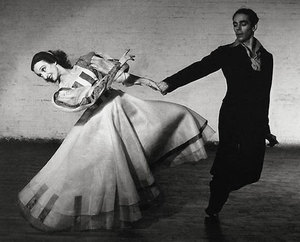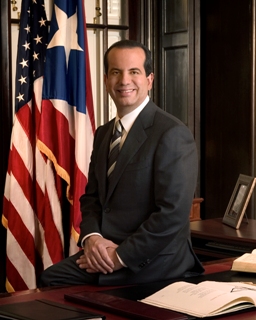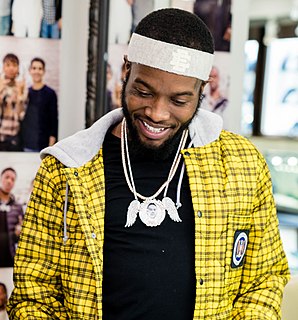A Quote by Antony Tudor
My body can't demonstrate. It isn't willing to explore movements the way it used to. I've always had to find the movement in myself then show it in myself. If I've got the sense of movement for the character, I expect the dancer to get it too.
Related Quotes
The movement of the waves, of winds, of the earth is ever in the same lasting harmony. We do not stand on the beach and inquire of the ocean what was its movement of the past and what will be its movement of the future. We realize that the movement peculiar to its nature is eternal to its nature. The dancer of the future will be one whose body and soul have grown so harmoniously together that the natural language of that soul will have become the movement of the body.
In less than a century we experienced great movement. The youth movement! The labor movement! The civil rights movement! The peace movement! The solidarity movement! The women's movement! The disability movement! The disarmament movement! The gay rights movement! The environmental movement! Movement! Transformation! Is there any reason to believe we are done?
Movements are not radical. Movements are the American way. A small group of abolitionists writing and speaking eventually led to the end of slavery. A few stirred-up women brought about women's voting. The Populist movement, the Progressive movement, the anti-Vietnam War movement, the women's movement - the examples go on and on of 'little people' getting together and telling the truth about their lives. They made our government act.
What's more important is that we talk about movements; change happens through movements. The movement to end slavery, the movement to bring justice for those who have been left out of the system, movements to include women, movements around sexual preference - all these movements brought about change.
The Dancer believes that his art has something to say which cannot be expressed in words or in any other way than by dancing... there are times when the simple dignity of movement can fulfill the function of a volume of words. There are movements which impinge upon the nerves with a strength that is incomparable, for movement has power to stir the senses and emotions, unique in itself. This is the dancer's justification for being, and his reason for searching further for deeper aspects of his art.
Ideally there should not be a men's movement but a gender transition movement; only the power of the women's movement necessitates the temporary corrective of a men's movement. And this creates a special challenge for men: There are few political movements filled with healthy people, yet few healthy changes have occurred without political movements.
Even when we were under the Spanish flag, we had a movement that just wanted assimilation into Spain, a movement of autonomy - which has been the majority always - and a movement for separation. In that sense, Puerto Rico's political reality is very different from any place I know in the whole world.
It takes about ten years to make a mature dancer. The training is twofold. There is the study and practice of the craft in order to strengthen the muscular structure of the body. The body is shaped, disciplined, honored, and in time, trusted. The movement become clean, precise, eloquent, truthful. Movement never lies. It is a barometer telling the state of the soul's weather to all who can read it. This might be called the law of the dancer's life, the law which governs its outer aspects
The gay rights movement of recent years has been an inspiring victory for humanity and it is in the tradition of the civil rights movement when I was a young boy in the South, the women's suffrage movement when my mother was a young woman in Tennessee, the abolition movement much farther back, and the anti-apartheid movement when I was in the House of Representatives. All of these movements have one thing in common: the opposition to progress was rooted in an outdated understanding of morality.
